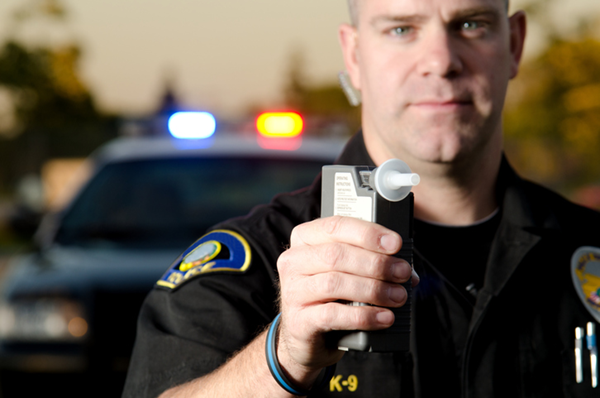
OVI Plea Bargaining
November 19, 2019
OVI – Should I Provide a Breath Sample?
November 20, 2019
OVI – Standardized Field Sobriety Tests
When a person is asked to think of images associated with drunk driving, chances are good that he or she will conjure up images of a person attempting to perform certain “tests” or challenges at the direction of a law enforcement officer. These are known as standardized field sobriety tests, or SFSTs for short. These tests are considered “divided attention” tests that are meant to test your ability to divide your attention by performing several tasks at the same time. Your performance on these tests can provide a law enforcement officer with enough information to arrest you for and charge you with operating a vehicle while impaired (OVI). If you are facing OVI charges in Ohio, contact the experienced OVI defense lawyers at Walker Novack Legal Group, LLC now at (614) 423-8276 to learn more about your legal rights and options.
The Standardized Field Sobriety Tests Explained
An officer who is investigating you for OVI can ask that you perform the SFSTs. You do not have to perform any SFST, and you can stop taking the SFSTs at any time. Be aware, though, that “failing” the SFSTs, or refusing to take them at all, may be sufficient for the officer to place you under arrest.
The SFST “battery” consists of three tests:
- The Horizontal Gaze Nystagmus (HGN) Test, which requires you to keep your head and body still while following a stimulus – the tip of a pen or the officer’s finger – from left to right with your eyes only. The officer is looking to see if your eyes twitch when as you begin to look 45 degrees to the right or to the left of center. Officers are trained that this sort of “twitching” can indicate impairment.
- The Walk-and-Turn Test, which involves walking heel-to-toe for nine steps down a straight line, taking a series of small steps to turn 180 degrees, and then walking nine steps back (again, walking heel-to-toe). “Clues” of impairment that the officer is looking for include an inability to balance during the test or while being given instructions, failing to follow instructions, or needing to use one’s arms to balance while walking.
- The One-Leg-Stand Test, which demands the individual raise either foot approximately six inches off of the ground, point the toes of that foot, and count out loud while looking at his or her toes. If the person is unable to stand on one leg, uses his or her arms for balance, or loses count, then the officer can conclude that the person is impaired or under the influence of some substance.
Call Your Ohio OVI Defense Lawyer for Help Today
Whether you take the SFSTs and exhibit signs of impairment or you refuse to take the SFSTs, you can still be charged with and convicted of OVI. With the assistance of a skilled Ohio defense attorney, though, you may be able to avoid conviction through a plea bargain or through a defense strategy that attacks the evidence on which the prosecution would rest its case. Speak with Walker Novack Legal Group, LLC during a free OVI case consultation about how your performance (or nonperformance) on the SFSTs impacts your legal options. Call our office today at (614) 423-8276.
Walker Novack Legal Group, LLC
5013 Pine Creek Drive
Westerville, Ohio 43081
P: (614) 423-8276
F: (614) 767-0695


